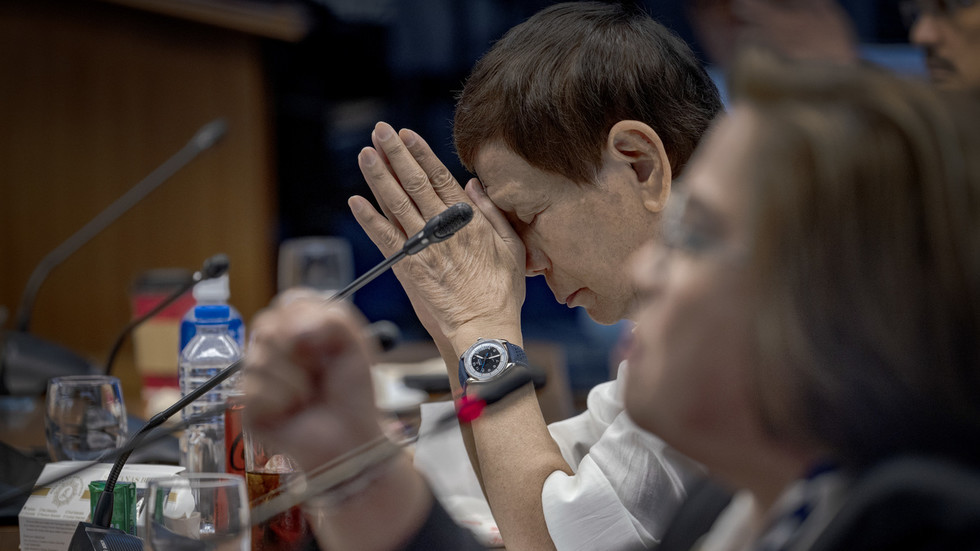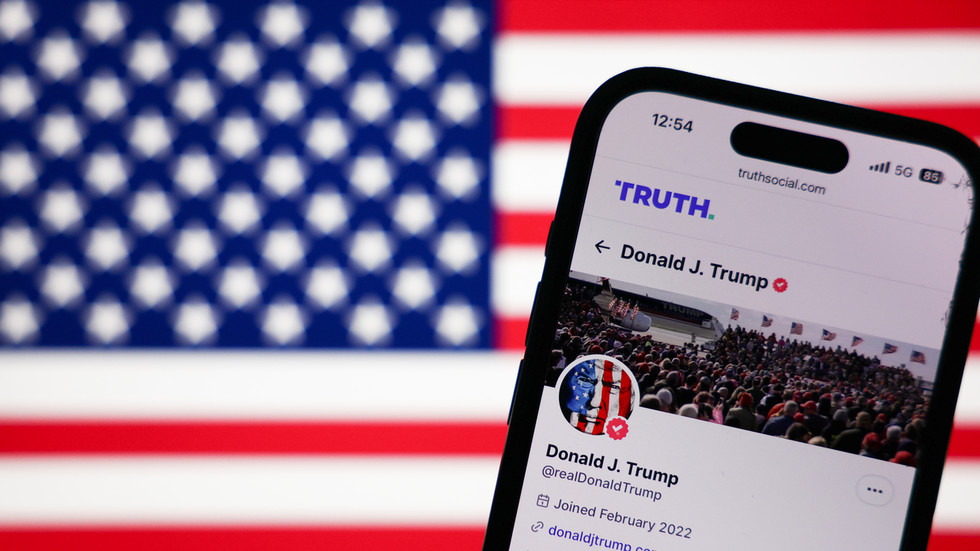Amazon CEO Andy Jassy recently announced that his company would reduce its workforce as artificial intelligence (AI) replaces human employees.
He also warned that AI will affect a wide range of jobs and sectors.
Jassy is not alone, as many other tech firms have issued similar warnings about how AI breakthroughs could reshape their workforces.
In May, the CEO of the AI startup Anthropic told Arlington, Virginia-based American news website Axios that AI could wipe out half of all entry-level white-collar jobs in the next one to five years.
US public companies, in fact, have reduced the number of their white-collar staff by a collective 3.5% over the past three years, the Wall Street Journal reported, citing employment data provider Live Data Technologies. Over the past decade, one in five companies in the S&P 500 have shrunk, it said.
AI's impact on the working world
A number of tech companies, including Microsoft, Hewlett Packard and Procter & Gamble, have announced layoffs of thousands of workers over the past several months.
Recently, retail service provider Shopify said that teams requesting additional staff would first need to prove that AI could not perform the tasks.
Duolingo, a language-learning app, plans to gradually replace its external workers with AI.
Fears of mass unemployment
The Organization for Economic Cooperation and Development (OECD) estimates that a quarter of jobs worldwide are at a high risk of being replaced by AI automation.
But AI is also expected to create new opportunities and boost productivity.
A report by the World Economic Forum earlier this year forecast that technological transformation would displace about 92 million existing jobs by 2030, while creating 170 million new ones. Jobs in developed economies will likely be more affected by AI than those in developing ones.
A study published by the International Monetary Fund (IMF) last year found that the technology could affect 60% of jobs in developed economies — around half of them negatively, while the other half will see a positive impact.
The report concluded that about 40% of jobs in emerging markets and 26% of jobs in low-income countries will be hit.
But while these labor markets are set to see a smaller initial impact from AI, they are also less likely to benefit from the increased productivity that AI promises.
Who will be most affected?
During past technological breakthroughs, lower-skilled and blue-collar workers bore the most brunt, like workers on factory floors being replaced by robots.
But broad AI adoption is expected to hit higher-educated, white-collar workers hard, particularly those with tasks that AI could perform at a similar or better quality than a human worker.
A study conducted by the Pew Research Center in the US found that occupations involving information gathering and data analysis like web developers, technical writers, accountants and data entry workers, among others, would be at high risk of replacement by AI.
 White-collar jobs at entry level are most at risk of being replaced by AI Image: picture alliance / abaca
White-collar jobs at entry level are most at risk of being replaced by AI Image: picture alliance / abacaLabor-intensive jobs that can't be easily automated, like construction workers, child care workers and firefighters, are expected to remain the most resilient.
The possibility of massive job losses has triggered concerns over the disruptive effects of AI on employment and society, drawing the attention of politicians and even religious leaders, with Pope Leo XIV, who became the head of the Catholic Church in May, warning of the threat posed by AI to jobs and human dignity.
Concerns overblown?
Labor market expert Enzo Weber from the Institute of Employment Research (IAB) in Nuremburg, Germany, believes that the concerns over job losses are misplaced.
Speaking with DW, he said AI advancements open up a wide range of economic possibilities and are more likely to help workers than cause mass unemployment.
"AI primarily changes work, but it does not fundamentally eliminate it," said Weber, adding that the technology in most cases helps human workers "develop new tasks and perform their tasks better rather than just replacing them."
 Enzo Weber says those affected by AI should 'develop themselves further and upgrade their skills'Image: IAB/picture alliance/dpa
Enzo Weber says those affected by AI should 'develop themselves further and upgrade their skills'Image: IAB/picture alliance/dpaA paper published in January by Harvard economists David Deming, Christopher Ong and Lawrence H. Summers shared a similar view.
The economists argue that the automation of individual job tasks "does not necessarily reduce employment" and may even lead to "job gains in some sectors" of the economy.
"In principle, being able to automate a previously onerous task could make workers so much more productive that the increased output offsets the fact that some of their work is now being done by a machine," they stated in the paper.
Stressing that the impact of AI is likely to be "widespread and long-lasting," they however also wrote that "history teaches us that even if AI disrupts the labor market, its impact will unfold over many decades."
Adapting to a changing tech landscape
Given that artificial intelligence technology is still in its early stages, its precise longer-term impact on global labor markets remains uncertain.
AI pioneer Geoffrey Hinton urges tougher government rules
The efficacy of many AI tools will also depend on how well they are integrated into workplaces, and the willingness and ability of workers to use them.
If workers refrain from making full use of AI out of concern for their jobs, it could compromise the productivity boost the new technology promises.
Labor market expert Weber urges companies and workers to adapt to the changing technology landscape and seize the opportunities because for him AI technology is a "game changer."
"This [technology] presents opportunities, but they need to be seized. Further development and active training of workers are essential. Not just to keep pace, but to get as far ahead as possible."
Edited by: Uwe Hessler

 4 hours ago
3
4 hours ago
3









